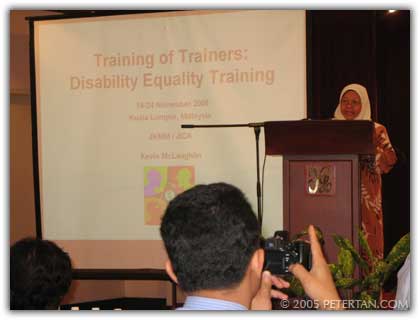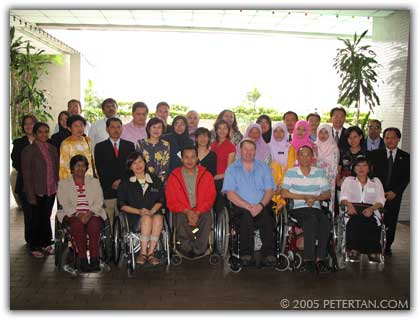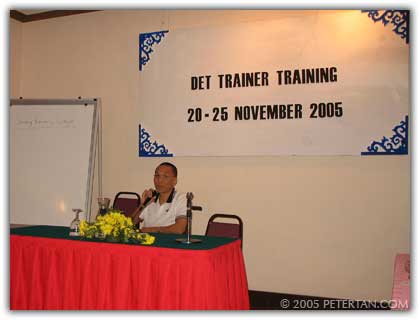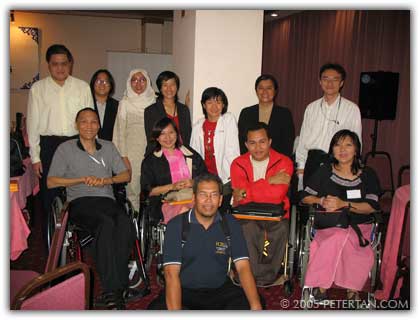The Star published several physical disability-related articles during the last few days. This coverage has highlighted some of the problems people living with permanent physical impairments have to go through very often. The journalists and editors must be given credit for drawing the public’s attention to such issues.
While such moves to advance the cause of people with disabilities are highly commendable, the selection of words used to describe the persons is imprecise. By using the term wheelchair-bound, it is implied that we are constrained to our wheelchairs. I am also guilty for using this term and some others in my blog to describe myself. I am currently learning to write using the acceptable terms to better reflect the course I am pursuing now. The wheelchair is an apparatus we use to improve our mobility. We are in no way bound to it. We have a life away from the wheelchair too. Likewise, do we call a manager who sits in his executive chair all day chair-bound?
The appropriate words to describe a person like me, if there is a need to include my wheelchair in the description, should be wheelchair user. My peers and I have agreed that this is a better term to use during Disability Equality Training in November. In light of that, the appropriate term to use for parking lots for drivers using wheelchairs is accessile parking and not handicapped parking or disabled parking. Toilets for wheelchair users is better referred to as accessible toilets rather than handicapped or disabled toilets.
Another word that is often associated to people with disabilities is handicapped. Yes, we are physically impaired, but what handicaps us is the environment that was not built to suit our needs. A properly equipped wheelchair accessible toilet enables us. A building with steps but no ramp for access handicaps us. If society is built to include people with disabilities, where all barriers are removed, there would not be a need to label us as people with disabilities, disabled persons, handicapped or crippled, the last two words which is undignified and offensive in some ways. We can all then live our lives on somewhat equal terms. Susan Hemmings and Jenny Morris formulated the Definition of Disability that succinctly explains it in an easy to understand sum.
Person with Impairment + Experience of Disenabling Factor = Disabled Person
A disabled person is a person nonetheless. In many cases, the impairment is not the disenabling factor. The surrounding is. We should not attempt to change the person with impairment to suit the environment. Rather, the environment must be put together to enable the person with impairment the freedom to live a life with qualities that are at par with the non-disabled. And remember, we are not wheelchair-bound. We are wheelchair users.
Interesting read:
Beyond the AP Stylebook




